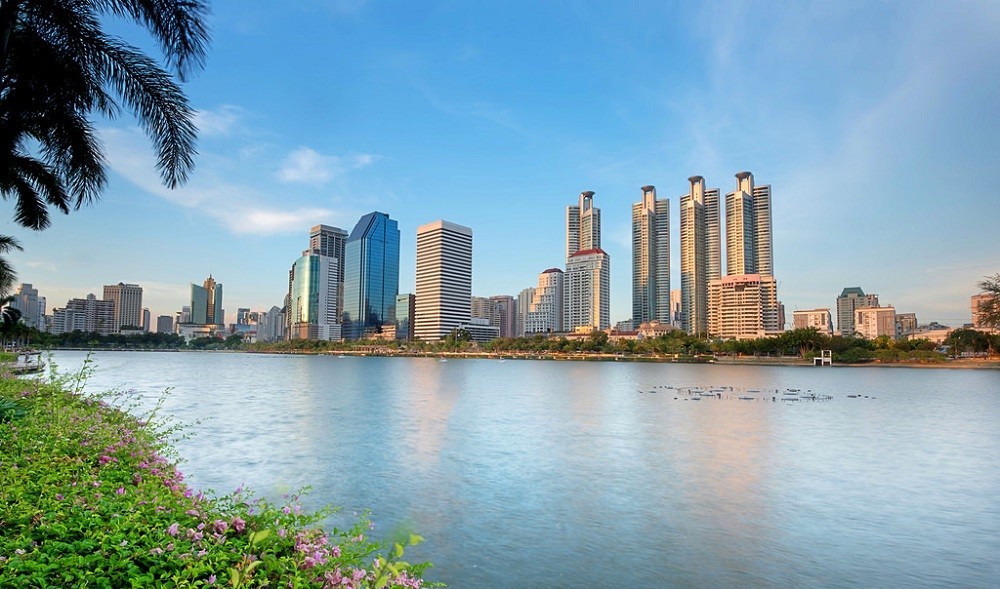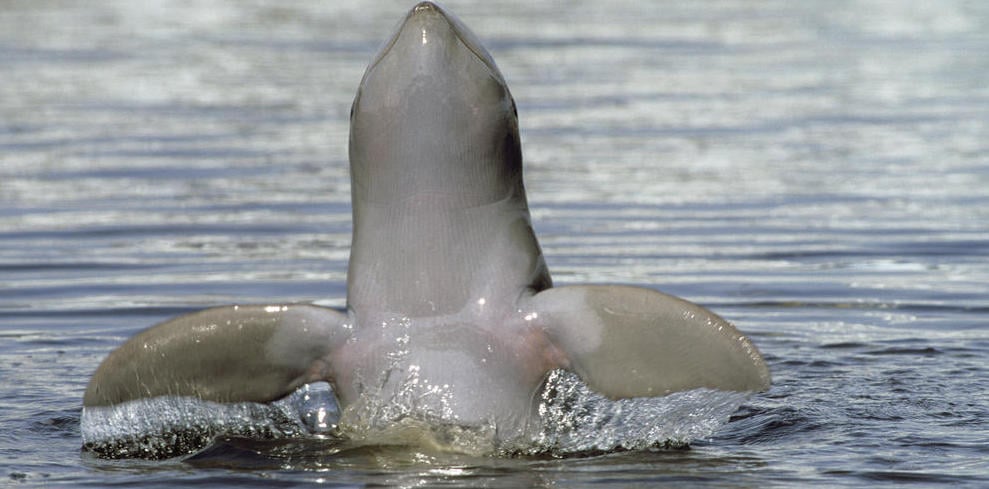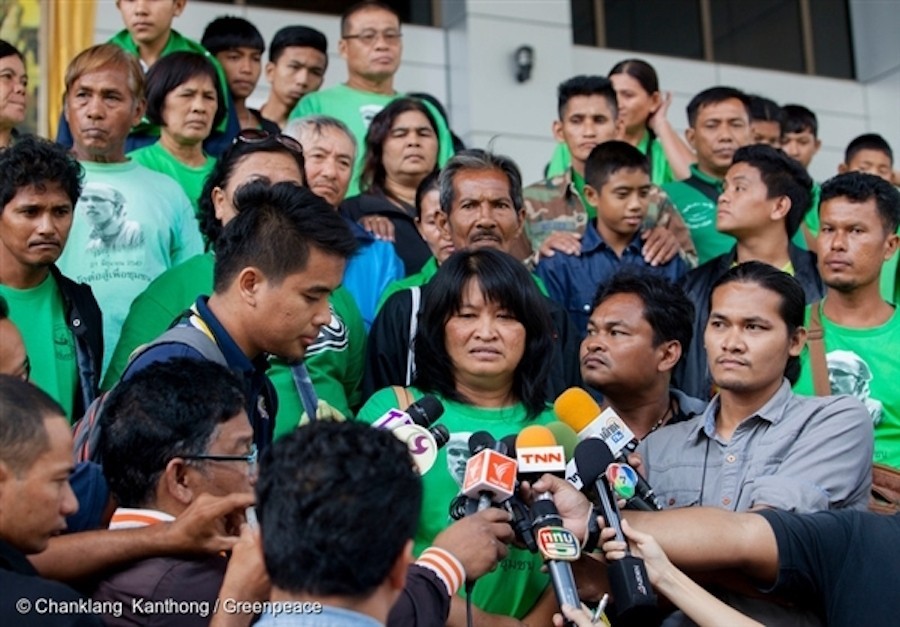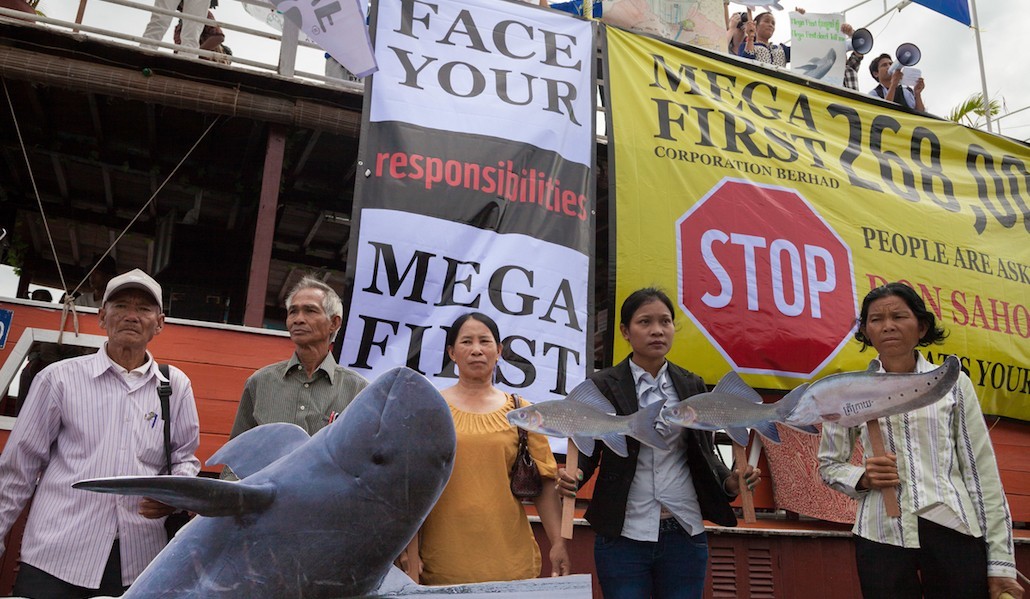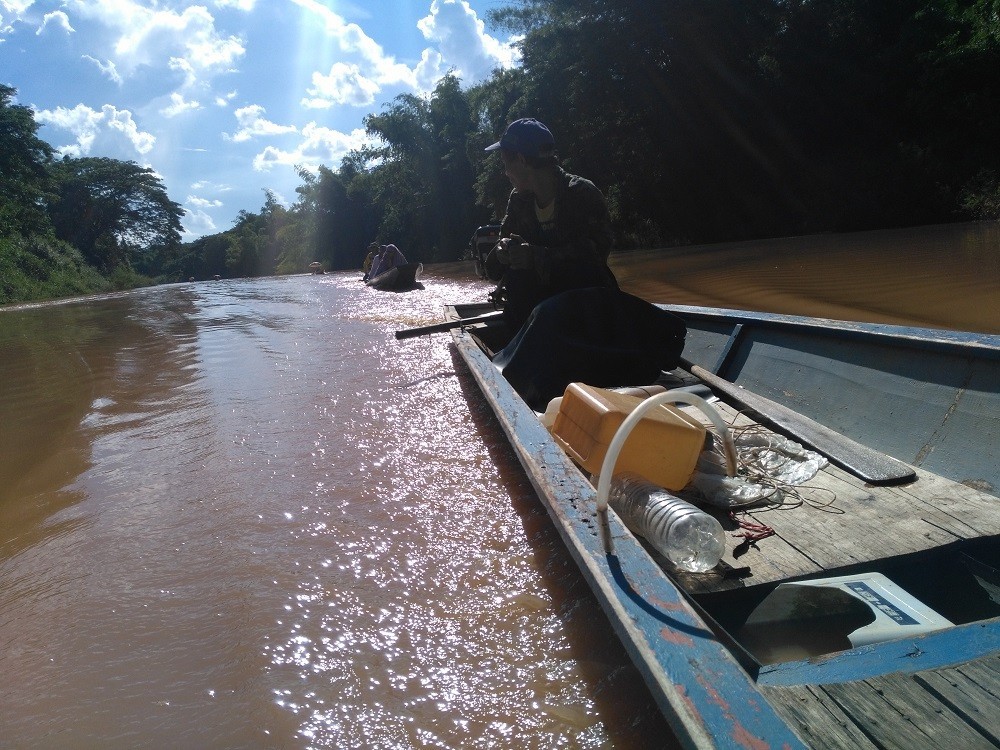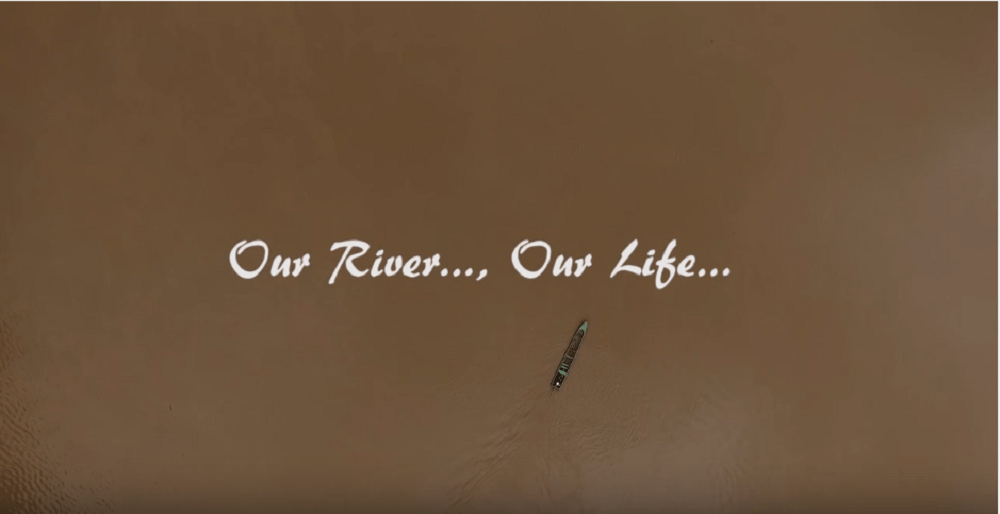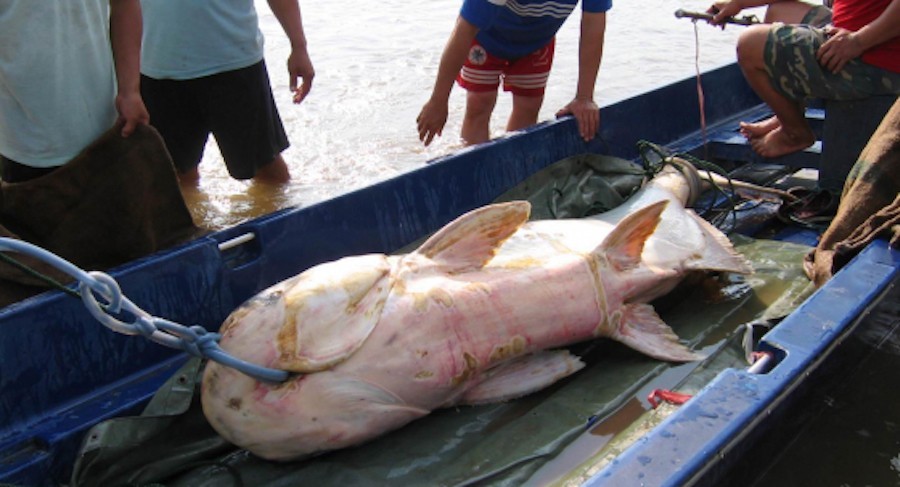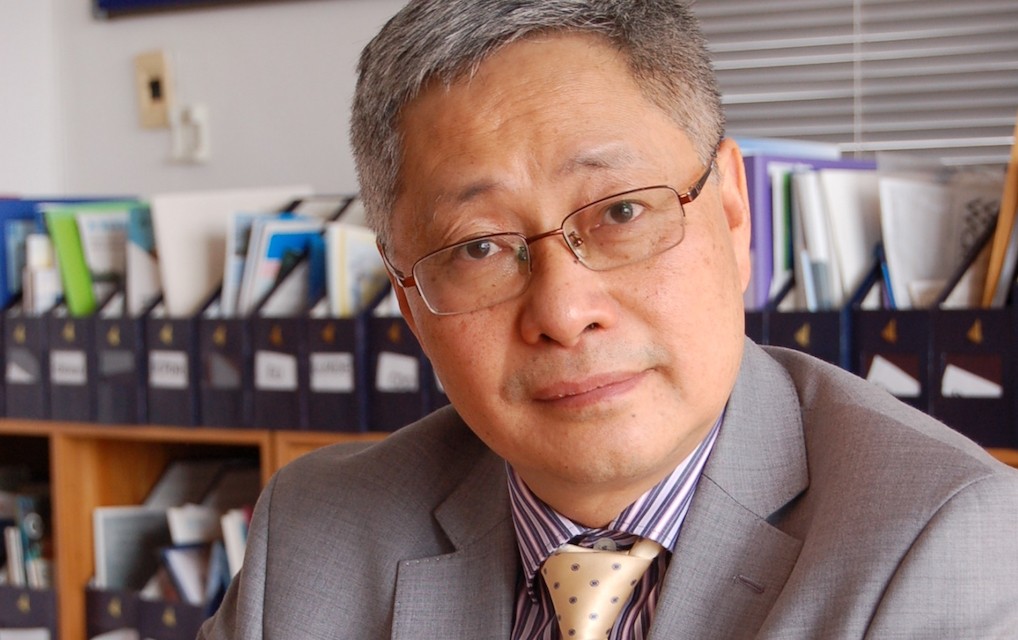Cities are now taking lead in addressing climate change. New and innovative policies are being implemented at a local level because of the government´s closer relationships with their businesses, residents and institutions, and partnerships are being promoted globally. This shows how cities are well-positioned in to play a leadership in reducing Greenhouse Gas emissions.
Category: Mekong
Endangered dolphins at risk as controversial Don Sahong dam takes shape
“When I was born, my grandparents told me, ‘The dolphins are special. If you see them, you will get good luck. If you capsize your boat, the dolphins will save you. You can trust them.’”
The young man in his 20s is standing on the bank of the Mekong River in a section that a small pod of the critically-endangered Irrawaddy dolphin calls home – a home which is about to sit next to perhaps the most divisive hydropower dam project in the region.
MPE Leads Expert Sessions on Public Participation, Media and Water Governance
USAID-supported Mekong Partnership for the Environment (MPE) led two expert sessions on water governance issues at the “2016 Greater Mekong Forum on Water, Food, and Energy” in Bangkok, 9-11 November 2016.
Development as Unfreedom: Shrinking Democratic Spaces in Asia
The real sign of development and democracy is how a country respects, protects and promotes freedoms and human rights. The biggest challenge of our times is the increasing gap between the promises and performance of states and governments in relation to the protection of the freedoms and human rights of their people. This is most evident in many countries in Asia, with the shrinking of freedom and democratic spaces resulting in increasing attacks on human rights defenders.
Changing the Conversation around Development Projects: Over 2000 Comments Received on Regional Public Participation Guidelines
Citizens, governments and businesses from around the region provided over 2000 comments during landmark public consultations in October to finalize guidelines on ensuring communities have more say in infrastructure projects. Over 500 participants attended six national events across the region, a number of local outreach sessions and an online comment portal.
Open Letter to the Developers of the Don Sahong Dam
The Save the Mekong coalition has expressed concerns over the development of the Don Sahong Dam in Champassak Province, Lao P.D.R. The network, consisted of communities, local and international environmental groups, reiterates their concern over the construction of the Don Sahong Dam due to its location in an area critical to Mekong fish migration, the potential impacts of the project on regional fisheries are severe. They stress that food security of thousands of people in the Mekong Basin is dependent on many of the migratory fish species which have traditionally passed through the Hou Sahong channel. The also claim inadequate information has been made available to date regarding the scale and scope of the project’s impacts, the ongoing studies and monitoring efforts that are informing the project’s ‘adaptive and flexible approach’ to mitigation, and confirmation of the implementation and efficacy of the project’s mitigation measures.
KLCM: Sucking Blood from Earth – Thailand Diverts the Mekong River and Threatens Its Water Security
Even though, Thailand has announced that the diversion of the Mekong’s water will only take place in the rainy season but in fact it is also being carried out during the dry one that lasts from February to May of each year. This plan has been going on “quietly” and continuously without any public announcement to inform the world communities or the countries downstream.
Powerful new documentary looks at lives threatened by Salween dams
A powerful new documentary produced by Karen News profiles people who may be affected by a string of planned hydropower dams on Myanmar’s Salween River. “Our River…, Our Life” takes viewers along one of the world’s longest undammed rivers.
“It gives voice to the people currently missing from the debate on the dams,” said Karen News. The film goes “deeper into the impacts of those policies/events on the people most affected – the villagers.”
Mekong projects ‘to kill biodiversity’
DEVELOPMENT projects in the lower reaches of the Mekong River will take a great toll on the area’s biodiversity, experts have warned, with much of its fauna and flora facing imminent extinction.
In the face of major projects, such as the plan for a navigation route on the Mekong from Chiang Rai province down to Luang Prabang in Laos, as well as a controversial dam, concerned academics and experts attended the Greater Mekong Forum in Bangkok on Friday.
Commission chief insists ‘imperfect’ body has river basin’s interests at heart
AS THE Mekong region faces intensifying challenges from developments needed by its riparian countries including Laos’ latest mega-project, the Pak Beng Dam, the Mekong River Commission (MRC) insists that it is still the best institutional arrangement to ensure sustainable development for the basin.
Pham Tuan Phan, who assumed the post of MRC chief executive this year, stressed that point while delivering his presentation about the organisation, empowered by the 1995 Mekong Agreement, at the Greater Mekong Forum last week, where leading river experts and policy-makers attended to find out the best approach to ensure the river’s sustainable development.


